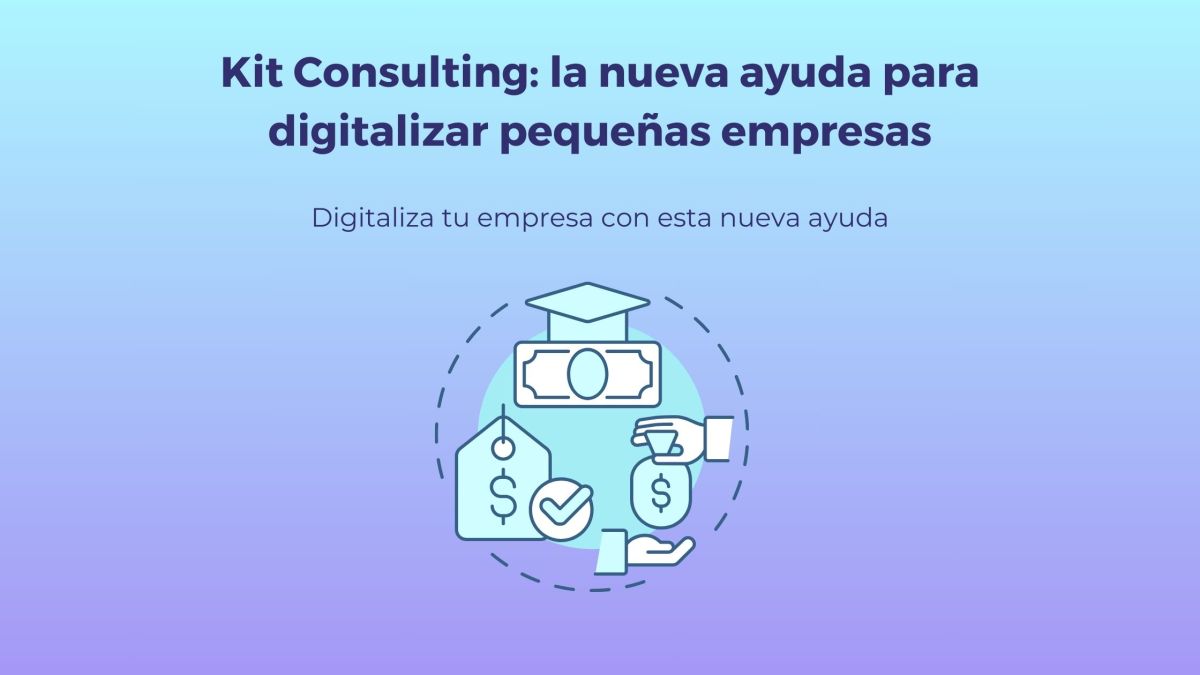Tips to Prevent Infoxication, a.k.a. the Disease of the Digital Age
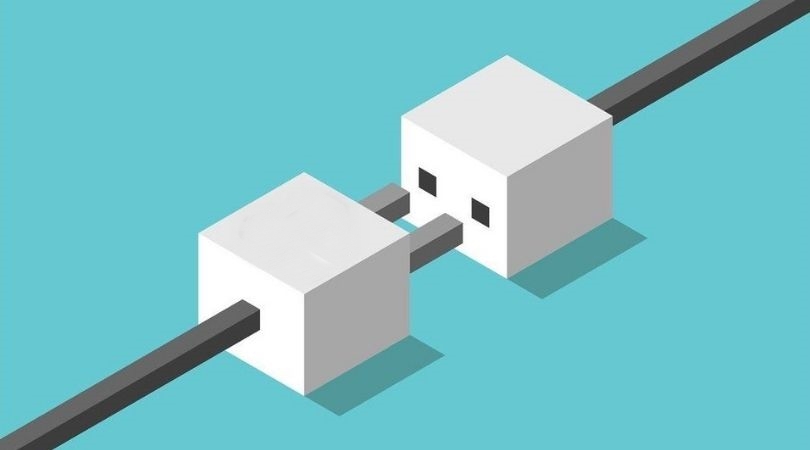
Infoxication? This term probably does not sound like anything to you, but if we name you lack of concentration, anxiety or inability to manage the enormous amount of information that we receive every day, these are some of its most common signs.
If you have read these symptoms and have identified with any of them, perhaps you are suffering from it unconsciously. Therefore, it never hurts to know what it is, what its causes are and how to overcome this typical disease of the digital age.
What is infoxication?
Put yourself in a situation and think: what is the first thing you do when you wake up? How many times do you look at the notifications from your social networks? How do you solve those doubts that arise in your day-to-day life?
It is possible that the time spent on the internet and social networks in your daily routine is somewhat (not to say quite) high. And we are practically used to being connected.
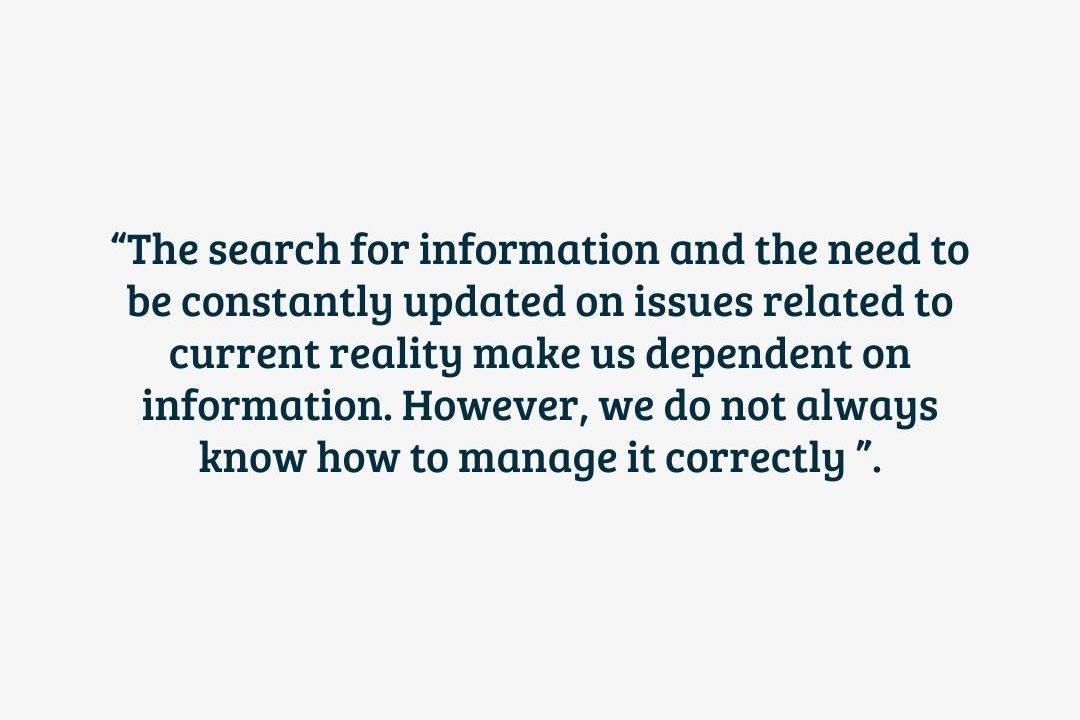
This term, also known as infobesity, is the excess of information (also called information overload) to which we are exposed in our daily lives.
This implies an inability to manage all the impacts received on a daily basis. Likewise, it has consequences as important as a decrease in the ability to concentrate or situations of stress or anxiety.
Origin of infoxication
This concept was born in 1999, when it was created by the Spanish physicist Alfons Cornellá, founder of the new trends consultancy Institute of Next.
In this way, this concept arose before the popularization of the Internet and the massive arrival of blogs or social networks.
However, thanks to the popularity of these platforms and the intensive use of the Internet, the information overload is increasingly evident.
In addition, easy access to information and content production have contributed significantly to saturating the different media available to users with content.
In other words, infobesity can be considered a disease typical of the digital age in which we live.
What are the causes of infoxication
There are different reasons why anyone can feel overwhelmed by the volume of information that must be dealt with every day.
So, now we will see some of the most common reasons why a person can feel infoxicated.
Information overload
Information reaches users daily through a wide variety of means, such as the following:
- Social networks
- Radio
- Television
- Blogs
- Newsletters
All these, and many others, are common means of generating content that impact people on a daily basis.
However, if this information is not well filtered or there is no firm criterion to differentiate which one adds value to the user, it may exceed them.
Searching for answers through the Internet
By now you will already know that millions of inquiries are made on the Internet every day, thanks above all to the ease of access to information.
In fact, it is very easy to solve questions in a few seconds, such as how to Instagram swipe up or how to open a Facebook page.
However, relying on responses on the Internet is a double-edged sword, as it is also a great source of fake news.
Also keep in mind that many people use the Internet to ask questions that require a professional opinion, such as medical consultations.
Therefore, it is vitally important to know what kinds of questions can be asked online and to know how to separate the wheat from the chaff. Having your own criteria and using it is basic.
Business digitization and online training
According to inbound marketing, providing valuable content to the user is positive for gaining their trust and positioning themselves in their top of mind.
Of course, many businesses and digital entrepreneurs have understood the advantages of such marketing strategies, thanks to resources such as some of the following:
- Free courses
- Ebooks
- Live webinars
And in such a competitive and demanding job market, users need constant training to complete yours now.
The result is so many available resources that the user does not delve into any of them. In fact, there is so much unanalyzed information that it can be stressful and unhelpful.
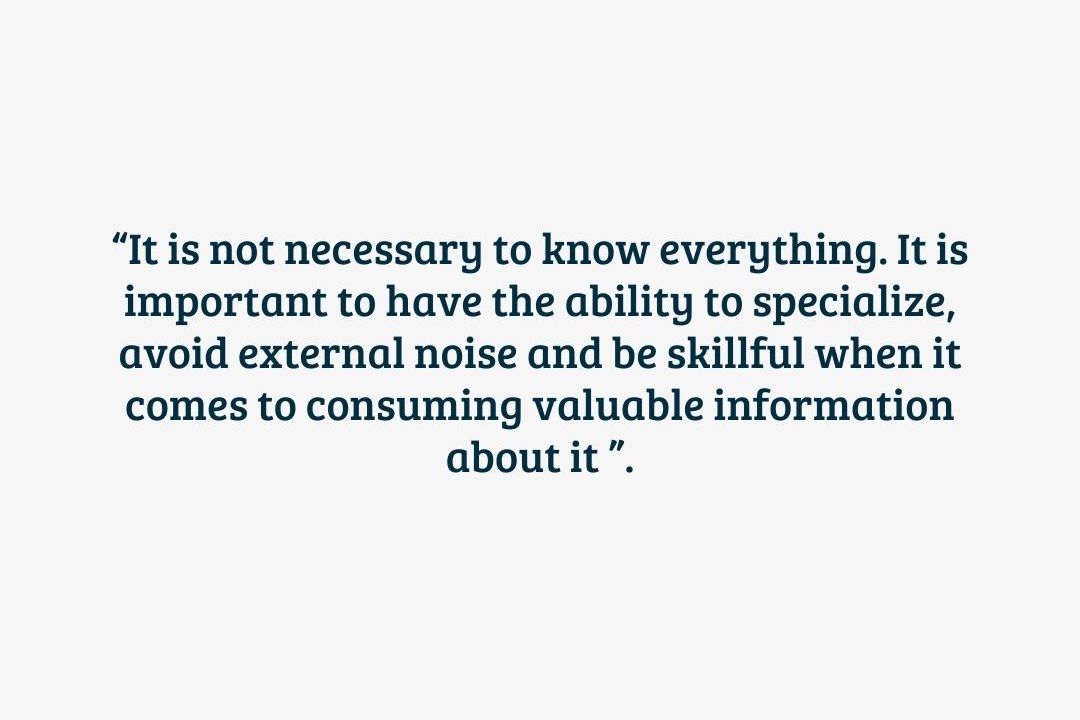
Little filtering of information
It seems that today the most important thing is to be informed of the latest. Now, many times it is more a question of quantity rather than quality. Something counterproductive.
Consuming quality information from a reliable source, contrasting it, analyzing it and drawing conclusions is essential to avoid infobesity.
What are the typical symptoms of infoxication?
Many times, anyone can be drugged without knowing it. For this reason, it is necessary to know some signs that give clues:
- Poor ability to concentrate.
- Fear of Missing Out (or FOMO).
- Need to be connected all day looking for information or searching other social media profiles.
- Feeling overwhelmed or anxious when not being able to manage so much information.
What are the consequences of infoxication
Although infobesity goes unnoticed many times, there are some consequences that affect the daily life of those who suffer from it:
- Poor ability to concentrate, which influences productivity and performance at work.
- Urge to live connected all day.
- It affects the ability to understand.
- It produces a sensation of anxiety, stress or overwhelm in the face of so much information that is difficult to digest.
How to combat infoxication
If some of the symptoms or consequences above are familiar to you, there are some guidelines to overcome them:
- Select the sources.
- Have a critical view.
- Filter the content.
- Set limits.
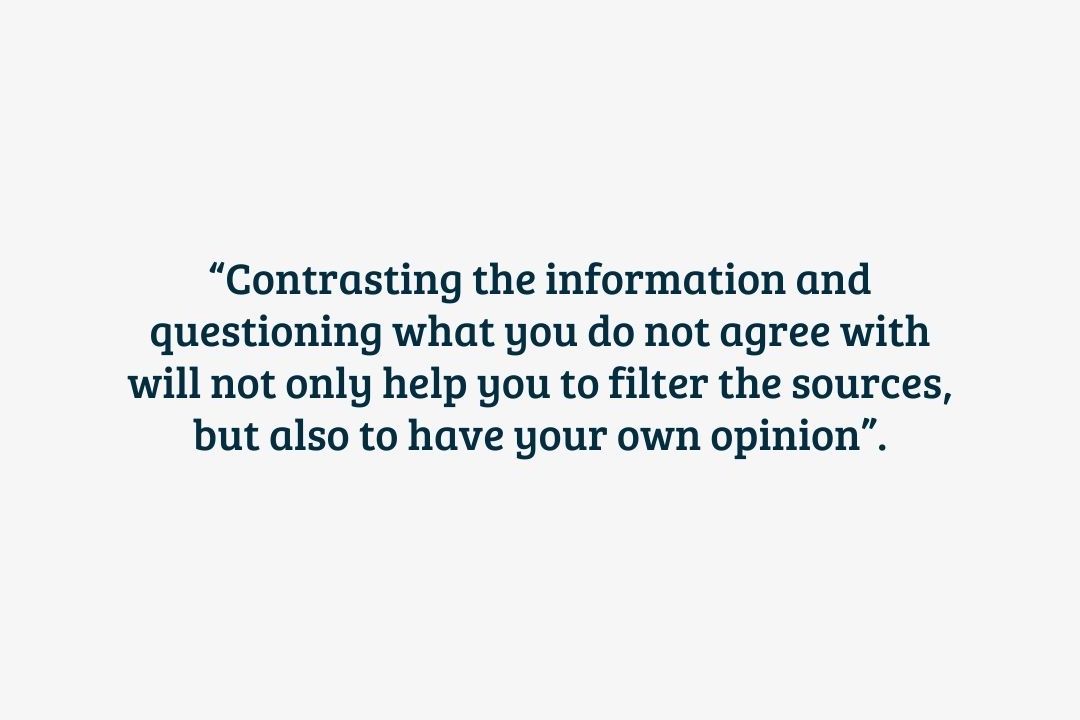
Conclusions about infobesity
Many times the signs of infobesity go unnoticed, but knowing how to detect them is extremely vital.
And, although the digital age is the most democratic in history, the enormous amount of information makes it very easy for us to be overwhelmed.
Thus, only the ability to manage infoxication will allow us to stop it in advance.






![Mejores agencias de marketing digital en Chile [2025]](/cms/uploads/mejores_agencias_marketing_digital_chile-1200-swxnxf.png)

